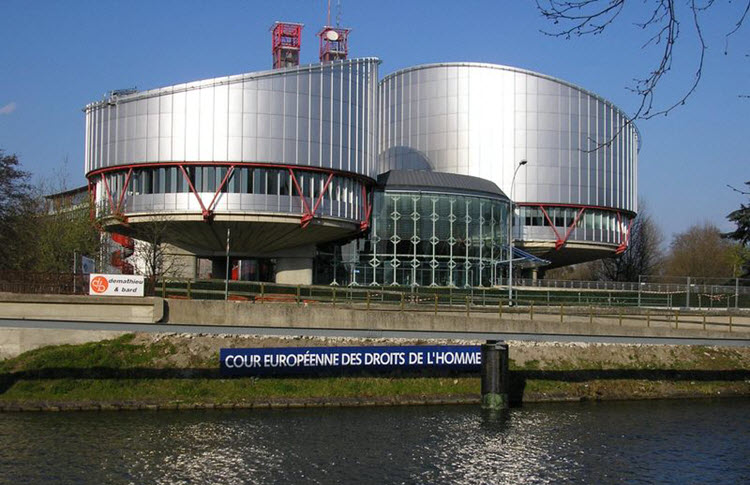
By Pooya Stone
Although Iranian authorities provided assurances that he would not be tortured, the European Court of Human Rights has held that the extradition of a man accused of theft to Iran would breach Article 3 of the human rights convention.
The Strasbourg court provides guidance on the kind of assurances required from the state requesting extradition in GS v Bulgaria (application no. 36538/17). It will not allow extradition unless the assurance is both specific and trustworthy. In this case, GS was wanted for theft, but if he was convicted, he was at risk of receiving corporal punishment — seventy-four lashes. The Strasbourg court would not allow extradition, because it labeled this manner of treatment as torture. In accordance with past case law, it found that the possibility of acquittal or the imposition of a different sentence was not sufficient to dispel the real risk of torture.
The key issue was the assurance provided by the Iranian authorities as part of the extradition request. It stated, without elaboration, that the Iranian authorities would not torture the applicant or subject him to inhuman or degrading treatment.
This assurance was rejected by the court because it was not convinced that the Iranian government regards flogging as torture. It ruled:
This assurance cannot be regarded as sufficient, for at least two reasons. First, the extradition request omitted to specify that Article 656 § 4 of the Iranian Penal Code envisaged not only imprisonment but also flogging as a type of punishment. This raises profound misgivings about the Iranian authorities’ trustworthiness in this matter. Secondly, it appears that those authorities do not regard flogging and other forms of corporal punishment as inhuman or degrading. Indeed, they recently publicly stated that they considered flogging as a legitimate form of punishment which has been “interpreted wrongfully, by the West, as … degrading” (see paragraph 47 above). The exact tenor of their assurance in that respect is thus quite uncertain.
The Strasbourg court doubted the genuineness of the assurance. Iran has repeatedly refused to comply with recommendations to remove flogging from its penal code and considers it to be an important part of its legal tradition.
Therefore, the European Court of Human Rights is responding to states with inferior human rights records by demanding higher quality assurances, before it will permit extradition, deportation, or removal. GS v Bulgaria is a reminder that a general statement of intention is not enough — particularly if it is made by a state which has disregarded human rights recommendations in the past.